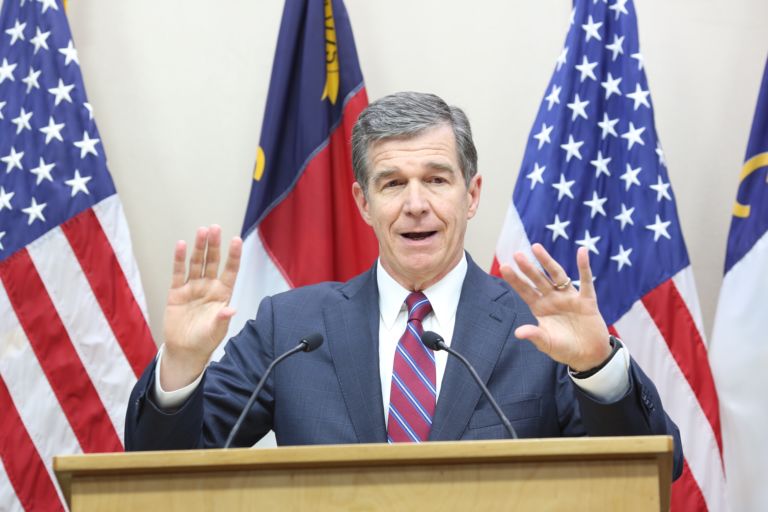Frederick Hess of the American Enterprise Institute explores a phenomenon some education activists identify as a contradiction.
Families can want more options and still like their local schools.
Polling consistently shows that the lion’s share of parents say they’d grade their kids’ schools an A or a B. At the same time, last year, more than seven in ten endorsed education savings accounts, school vouchers, and charter schools.In short, parents tend to like both their child’s public school and school choice policies. They don’t see a tension between the two.
How do we reconcile parental support for more choices with affection for their local public schools? It’s not hard, really. Parents want options. They may wish for alternatives when it comes to scheduling, school safety, or instructional approach. They want the freedom to protect their kids from bullies or from school practices they find troubling. At the same time, though, they also value schools as community anchors, like their kid’s teachers, and may live where they do precisely because they like the local schools.
Indeed, many apolitical parents who just want good options for their kids may be alienated by reformers who seem like revolutionaries. And yet choice advocates have too often opted for stridency, sometimes giving every impression of being downright giddy about the chance to disrupt lives and communities.
For decades, the school choice debate has tended to unfold as a weird morality play in which one is either for empowering parents or supporting public education. This framing is both unhelpful and deceptive. It ignores that all kinds of choices are hard-wired into American public education. Plus, it turns out that most Americans don’t buy into this false dichotomy, and that real parents don’t think this way.
For many (or most) parents, taxpayers, and voters, brash calls to “blow up school districts” and “end zip code education” can sound a lot like calls to overturn the 2020 election or defund the police. This rhetoric sounds like the ravings of ideologues, rather than a practical strategy for aiding families or strengthening communities.


